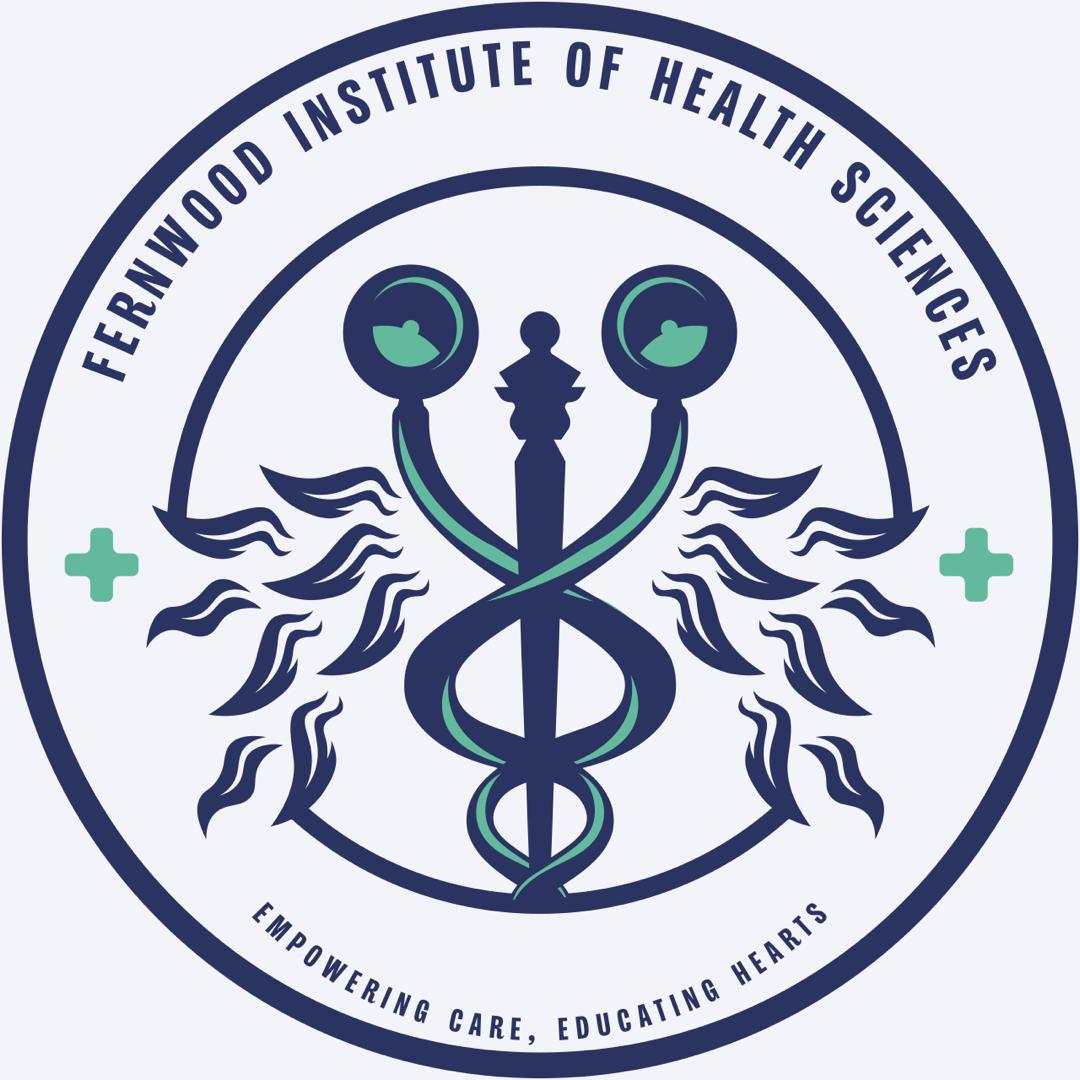Training is Key in Health Sciences
In the rapidly evolving field of health sciences, training plays a pivotal role in ensuring that healthcare professionals are equipped with the latest knowledge, skills, and competencies needed to provide high-quality patient care. The importance of training in health sciences cannot be overstated, as it directly impacts patient outcomes, safety, and the overall effectiveness of healthcare delivery.
Firstly, continuous training helps healthcare professionals stay updated with advancements in medical technology, treatment protocols, and research findings. The health sciences field is dynamic, with new discoveries and innovations emerging regularly. Without proper training, practitioners may rely on outdated practices that could compromise patient care. Regular training sessions, workshops, and certifications enable professionals to keep pace with these changes and apply evidence-based practices in their work.
Secondly, training enhances the skill set of healthcare providers, enabling them to perform complex procedures accurately and confidently. Practical skills are critical in health sciences, where precision and expertise can mean the difference between life and death. Through simulation-based training and hands-on experiences, professionals can refine their techniques, reduce errors, and improve patient safety.
Furthermore, training fosters a culture of lifelong learning and professional development. The healthcare environment is multidisciplinary and collaborative, requiring effective communication and teamwork. Training programs often include components that improve interpersonal skills, ethical decision-making, and leadership abilities, all of which contribute to better patient care and workplace harmony.
In addition, training ensures compliance with regulatory standards and accreditation requirements. Healthcare institutions must adhere to strict guidelines to maintain their licenses and certifications. Continuous education and training help professionals understand and implement these standards, thereby minimizing legal risks and enhancing institutional reputation.
.
Sometimes, the simplest moments hold the deepest wisdom. Let your thoughts settle, and clarity will find you. Use this quote space to share something inspirational or reflective, perfectly aligned with the theme of your article.
Finally, investing in training boosts morale and job satisfaction among healthcare workers. When professionals feel competent and confident in their roles, they are more motivated and engaged, leading to reduced burnout and higher retention rates.


In conclusion, training is a cornerstone of excellence in health sciences. It equips healthcare professionals with up-to-date knowledge, sharpens their skills, promotes a culture of continuous improvement, ensures regulatory compliance, and enhances job satisfaction. For these reasons, ongoing training should be prioritized to advance the quality and effectiveness of healthcare services worldwide.

